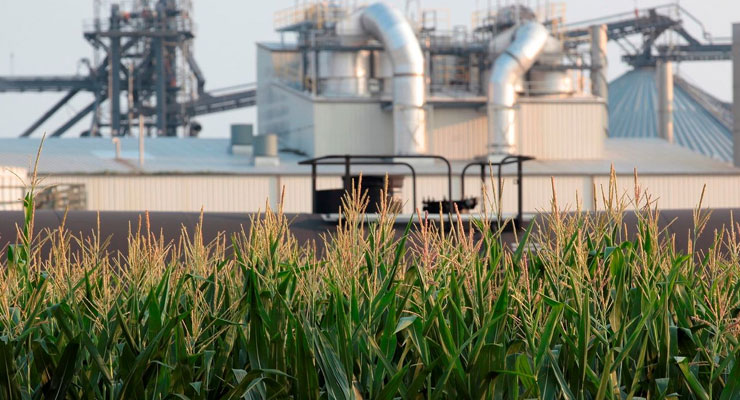
Biofuel Economic Viability and Market Trends
The biofuel industry has witnessed significant growth and development in recent years, driven by increasing environmental concerns, volatile oil prices, and a global shift toward sustainable energy solutions. However, despite its promising potential, the biofuel industry faces various market trends and economic challenges that influence its long-term viability and competitiveness in the energy market.
One of the current market trends affecting the biofuel industry is the growing demand for cleaner and renewable energy sources. With the implementation of stringent environmental regulations and sustainability targets, there is an increasing emphasis on reducing greenhouse gas emissions and promoting the use of low-carbon fuels. This trend has stimulated the demand for biofuels as a viable alternative to conventional fossil fuels, driving investments in biofuel production and research and development initiatives aimed at improving production efficiency and feedstock sustainability.
However, the biofuel industry is not immune to economic challenges, including feedstock availability, production costs, and market competitiveness. The fluctuating prices of agricultural commodities, such as corn, sugarcane, and soybeans, which are commonly used as feedstocks for biofuel production, can significantly impact the overall cost of biofuel production. Moreover, the dependency on government subsidies and incentives to make biofuels economically viable remains a crucial challenge, as the availability and stability of these financial support mechanisms can vary depending on changing political landscapes and policy priorities.
Fluctuating oil prices also exert a significant influence on the demand for biofuels, as they directly impact the competitiveness of biofuels in the energy market. When oil prices are high, biofuels become more economically competitive, as they offer a relatively stable and often more cost-effective alternative to conventional fossil fuels. In contrast, when oil prices are low, the economic viability of biofuels can be challenged, as they may become less competitive in terms of price per energy content. Consequently, the biofuel industry's resilience to oil price fluctuations is contingent on the establishment of stable and supportive policy frameworks and market conditions that encourage long-term investments and promote a level playing field for renewable energy sources.
To promote the widespread adoption of biofuels and ensure their long-term economic viability, various economic incentives are necessary to incentivize investments and support market development. One of the key incentives is the implementation of effective government policies and regulatory frameworks that provide stable and predictable market conditions for biofuel producers and investors. This can include the establishment of renewable fuel standards, carbon pricing mechanisms, and investment tax credits that create a conducive environment for biofuel production and encourage market competitiveness.
Furthermore, the development of public-private partnerships and collaborative initiatives can facilitate technology transfer, knowledge sharing, and research and development investments, fostering innovation and cost reduction in biofuel production processes. By fostering a supportive ecosystem for research and development, the biofuel industry can leverage technological advancements to improve production efficiency, reduce production costs, and enhance the overall economic viability of biofuels.
In addition, the promotion of sustainable feedstock cultivation practices, such as the utilization of non-food crops, agricultural residues, and waste materials, can contribute to the long-term economic sustainability of biofuels by minimizing the competition with food production and reducing the environmental impact of biofuel production. By encouraging the adoption of sustainable feedstock procurement strategies and promoting resource-efficient production processes, the biofuel industry can enhance its economic viability while contributing to a more sustainable and environmentally friendly energy system.
In conclusion, while the biofuel industry continues to face economic challenges and market trends, the implementation of stable policy frameworks, technological advancements, and sustainable feedstock procurement practices can contribute to its long-term economic viability and market competitiveness. By addressing these challenges and leveraging economic incentives, the biofuel industry can further consolidate its position as a key player in the global transition towards a more sustainable and renewable energy future.

0 Comments